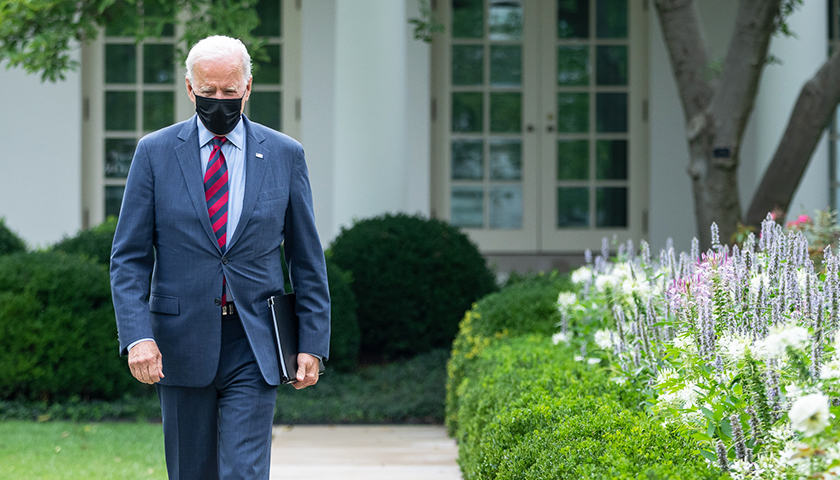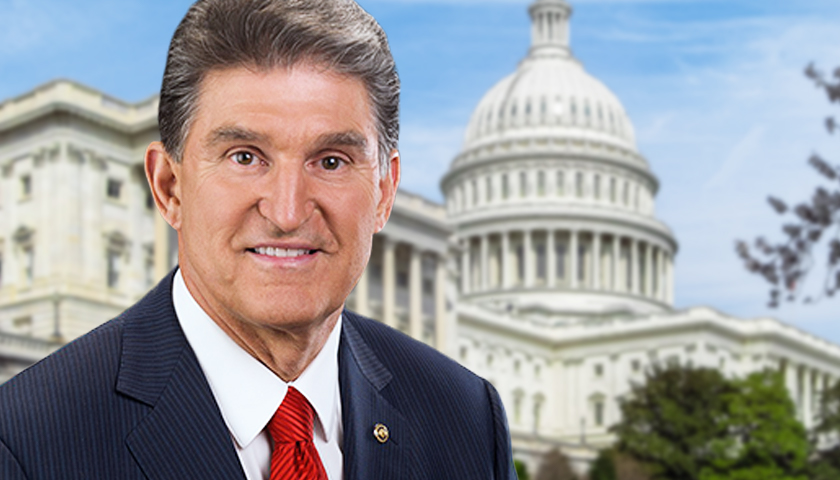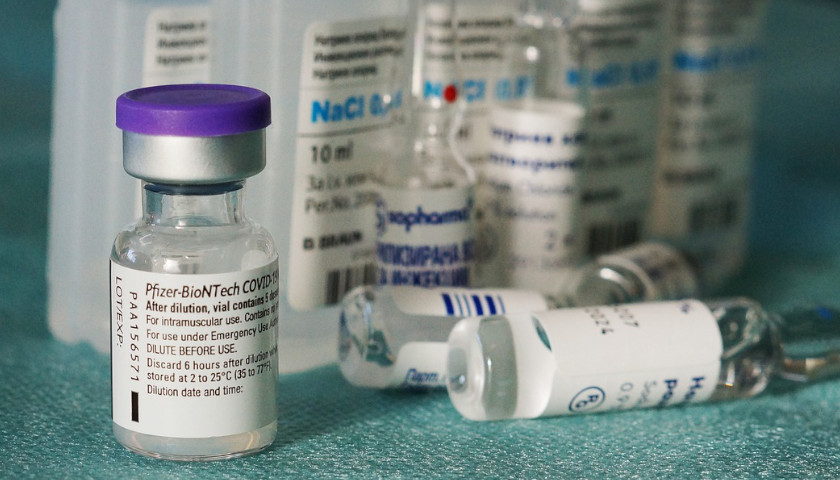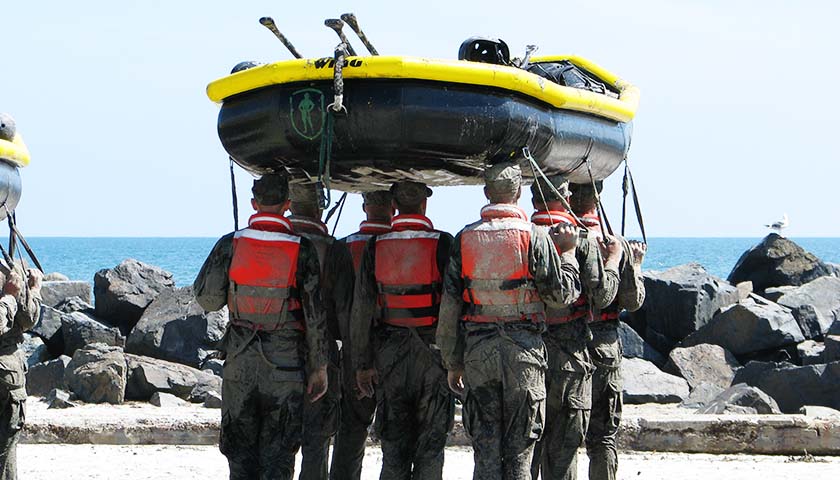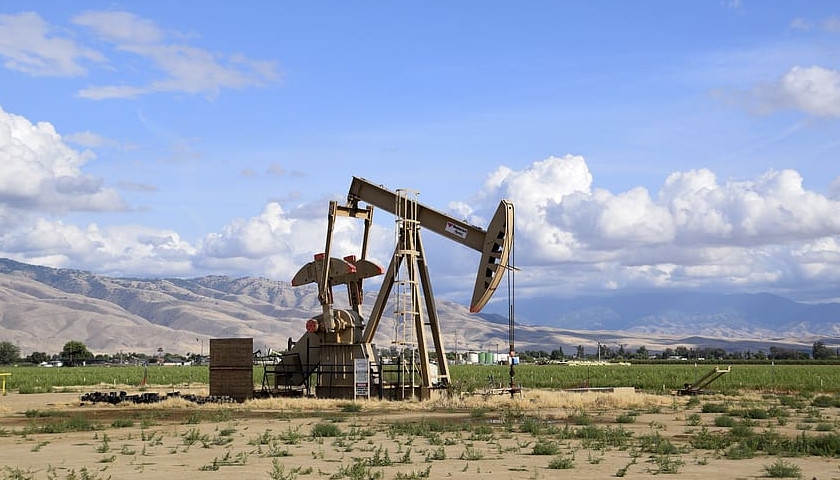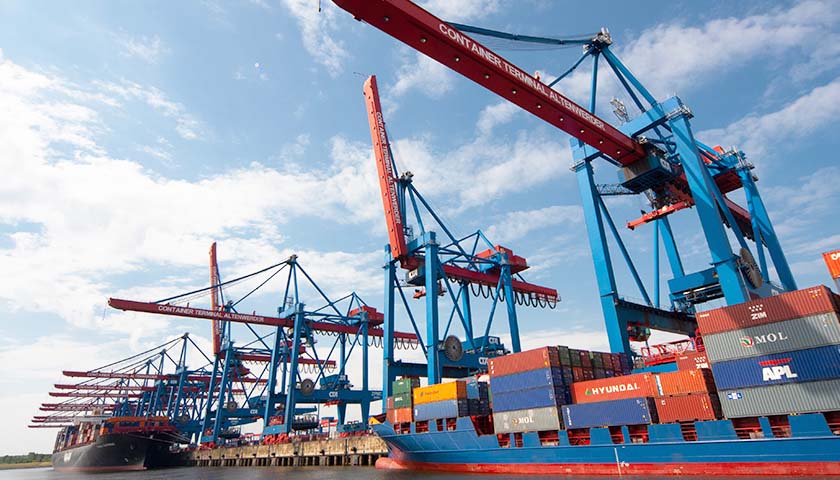In recent months, European gas prices have risen as much as 700 percent, leaving millions of citizens vulnerable to a dangerously unstable grid and burdened with high electricity costs heading into this winter. Disruptions from this energy crisis have been felt by households and many industries that rely on affordable power to provide goods and services.
Until the recent escalation of Russia’s confrontation with NATO over Ukraine, the Biden administration’s solution to Europe’s energy crisis had been to implore Russia to send more gas to Europe. EU member states are already dependent on Moscow for roughly 40 percent of their gas supply. Initially, the White House made a deal with Germany, letting the Nord Stream 2 gas pipeline move forward. As part of an effort to repair relations with Germany, this decision allows Russia to tighten Putin’s grip over European energy security at the expense of our strategic partner Ukraine. Fortunately, German regulators refused to approve the pipeline, effectively delaying the certification of the project before July 2022. As part of the growing confrontation with Europe and the U.S. over Ukraine, Russia has further cut gas exports to Europe.
Read More


